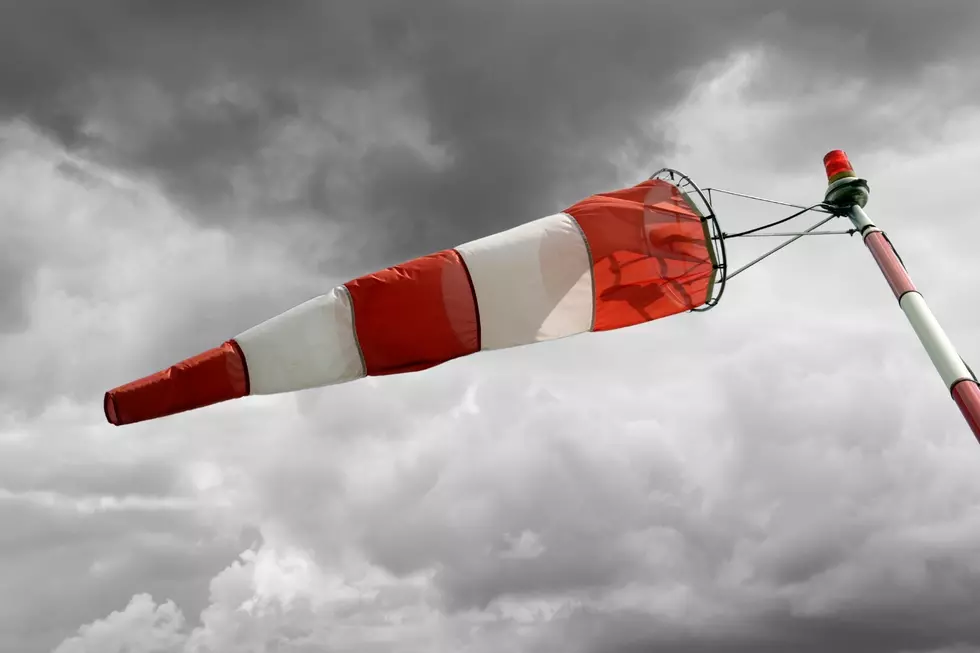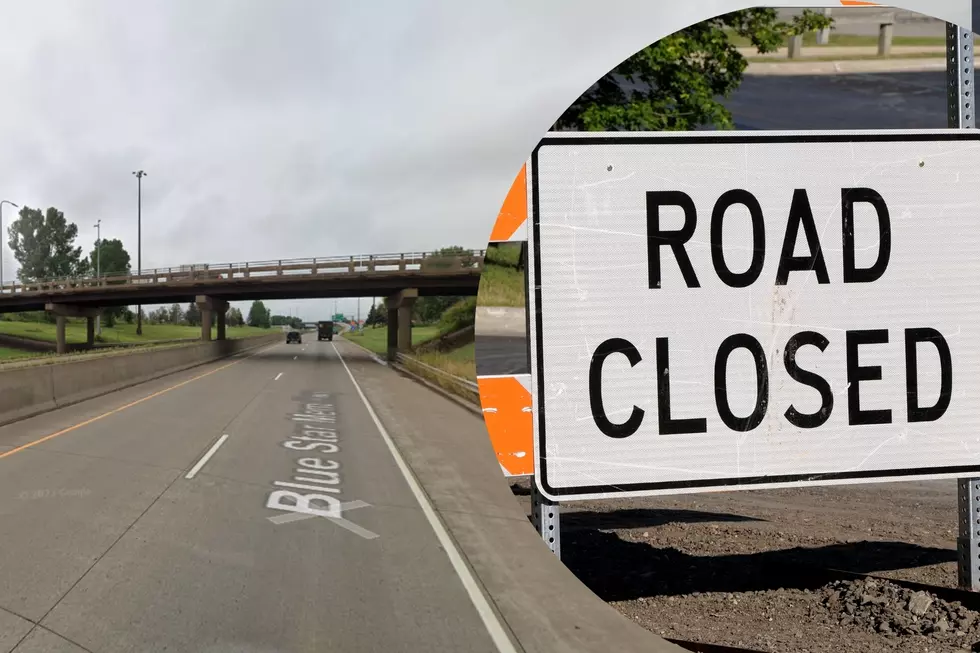
How Do I Start + Maintain A Backyard Compost?
As the seasons change and the weather starts to warm up, many people are escaping to their backyard gardens for relaxation and the bounty that comes from planting seeds in the ground. While gardening has always been popular, it's become especially trendy these days.
Any gardener - novice beginner or long-term pro - eventually turns their sights towards ways to improve the yield of the garden. One of the most successful ways to increase that yield is with the addition of compost - an economical way of creating "something from nothing".
Composting is a fun addition to our backyard gardening routine that is also rewarding - turning unwanted yard and kitchen waste into nutrient rich soil. The addition of compost to the ground of your garden returns nutrients to the soil, acting as an organic fertilizer for plants.
Starting a compost is extremely easy and can be done with very little additional investment. Gardeners can easily find plans for converting items they already have around the garage or yard (fencing, wood boards, etc) into the structure to build that compost in. Homeowners can also buy a big from home improvement, garden, landscape, and similar stores.
Once you've started a compost, the job isn't finished; you need to maintain a compost to make sure it's accomplishes the job you've set out to take care of. Mix or turn the compost once a week - especially during the warm summer months - to help the breakdown process and to decrease any odors emanating from it. Add dry materials - like newspaper or dry leaves - or water until compost has the consistency of a rung-out sponge/
Many people who are new to composting have questions about what to include - and what not to include; here is a good start for guidance:
Items you CAN compost:
- Vegetables
- Fruit
- Rice
- Noodles
- Eggs
- Egg shells
- Coffee
- Tea leaves/bags
- Leaves
- Grass Clippings
- Paper & newspaper
Items you shouldn't compost:
- Meat
- Milk
- Cheese
- Bones
- Pet waste
For more information, click here to visit the City of Superior's website, where they have good information and resources about compost.
12 Duluth-Superior Area Sculptures You Probably Didn't Know About

More From MIX 108







![Delicious! Here’s A Look Into The Brand New Chilly Billy’s In Duluth [PHOTOS]](http://townsquare.media/site/164/files/2024/04/attachment-ChillyBilly-8.jpg?w=980&q=75)

